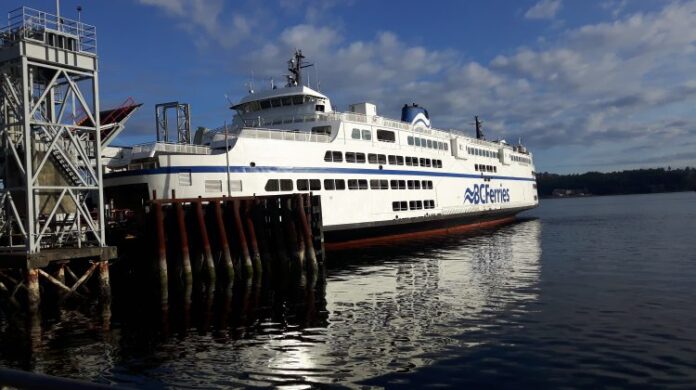BC Ferries is changing its fuel surcharge for the third time this year.
Starting on November 1st, its current fuel surcharge of 2.5% will increase to 4%.
The cost for an adult will increase 70 cents and $3.15 for a vehicle and driver on the Metro Vancouver – Vancouver Island routes.
For inter-island routes, it’ll increase an average of 40 cents for an adult and $1.70 for a vehicle and driver.
In a news release, BC Ferries says that for the past 18 years, it has been using a fuel rebate/surcharge mechanism to manage the volatility in the price of fuel and it does not benefit financially from surcharges or rebates.
When fuel prices are lower, that price is passed to customers through a fuel rebate.
When fuel prices are higher, BC Ferries adds a surcharge specifically designed to cover the additional cost.
There have also been periods where neither option is used.






